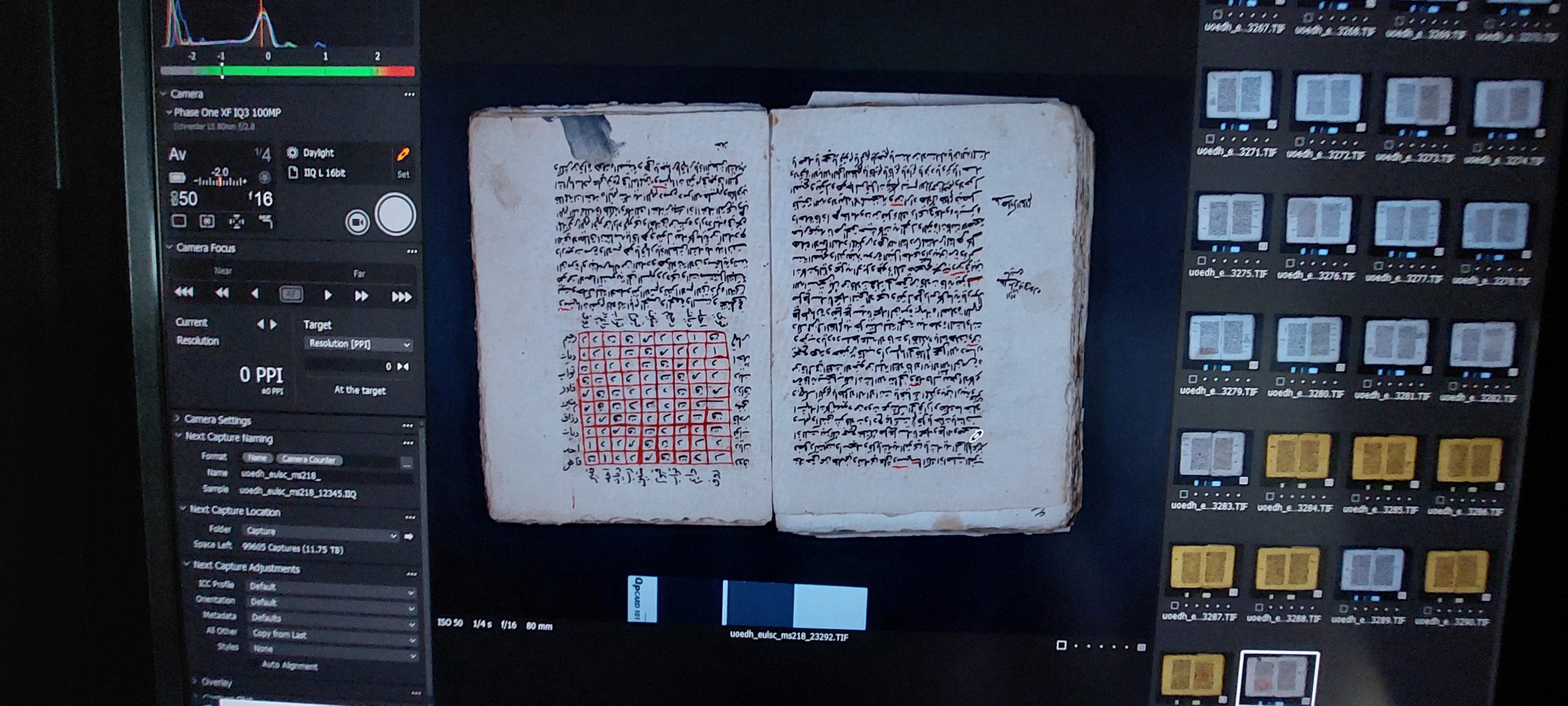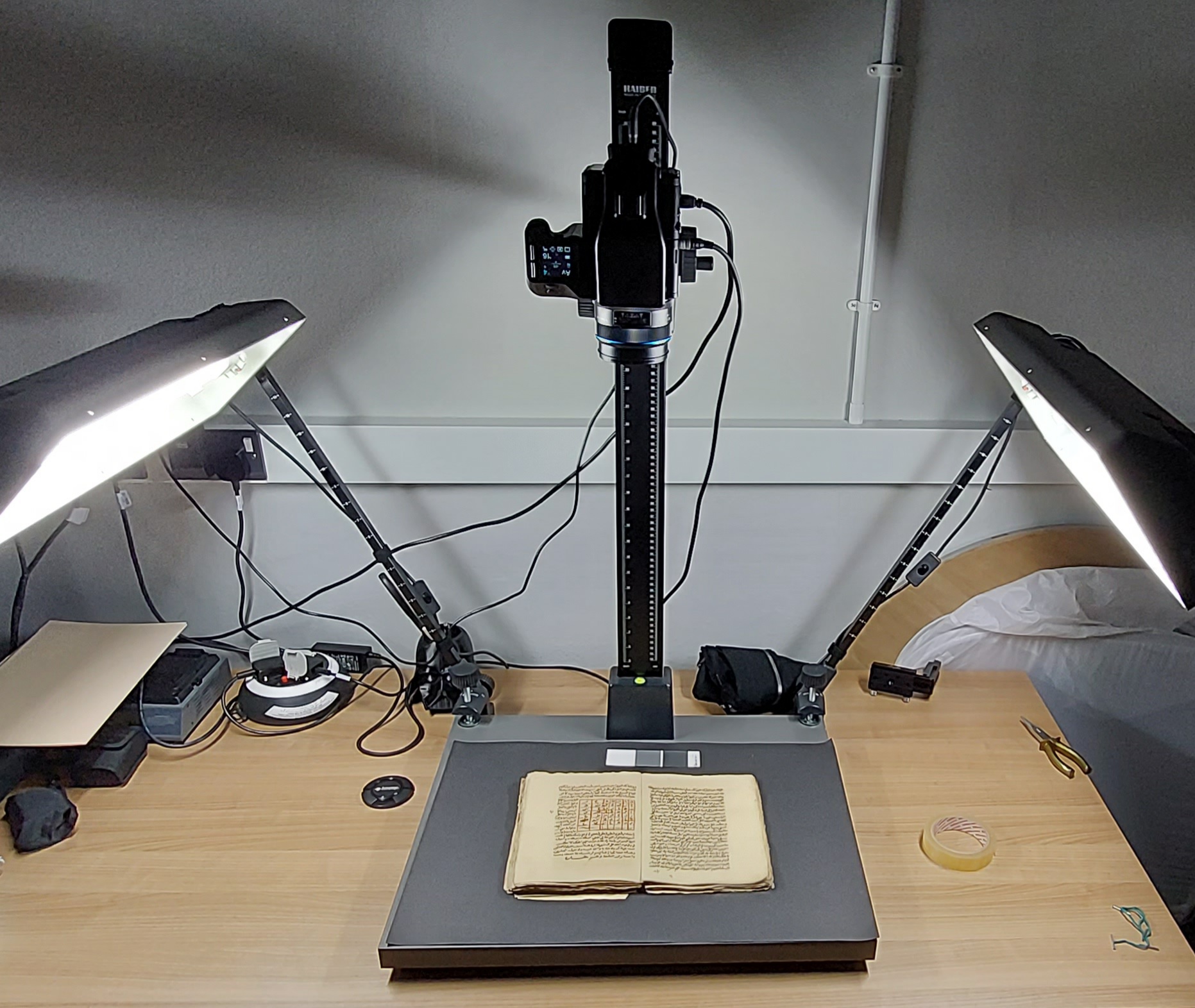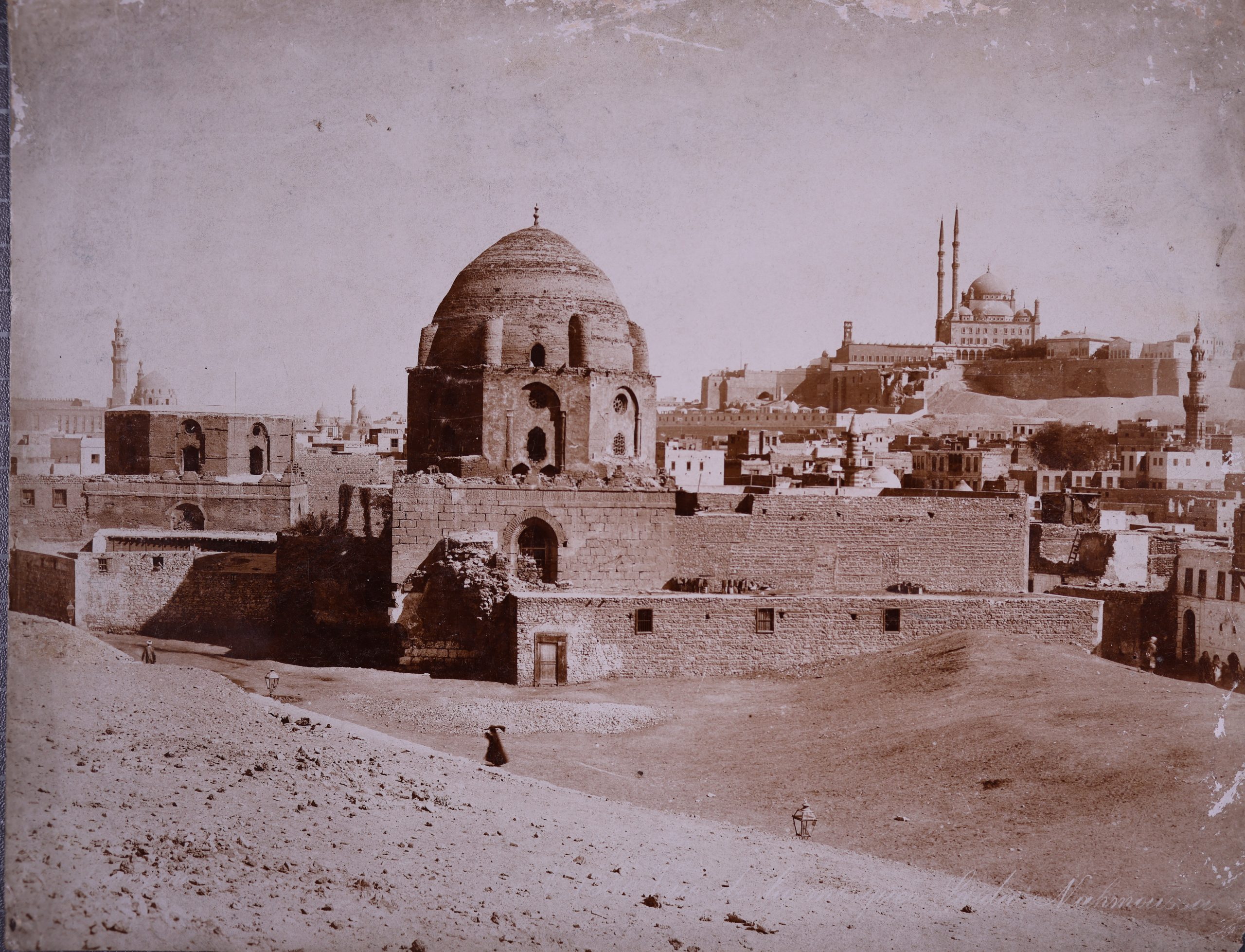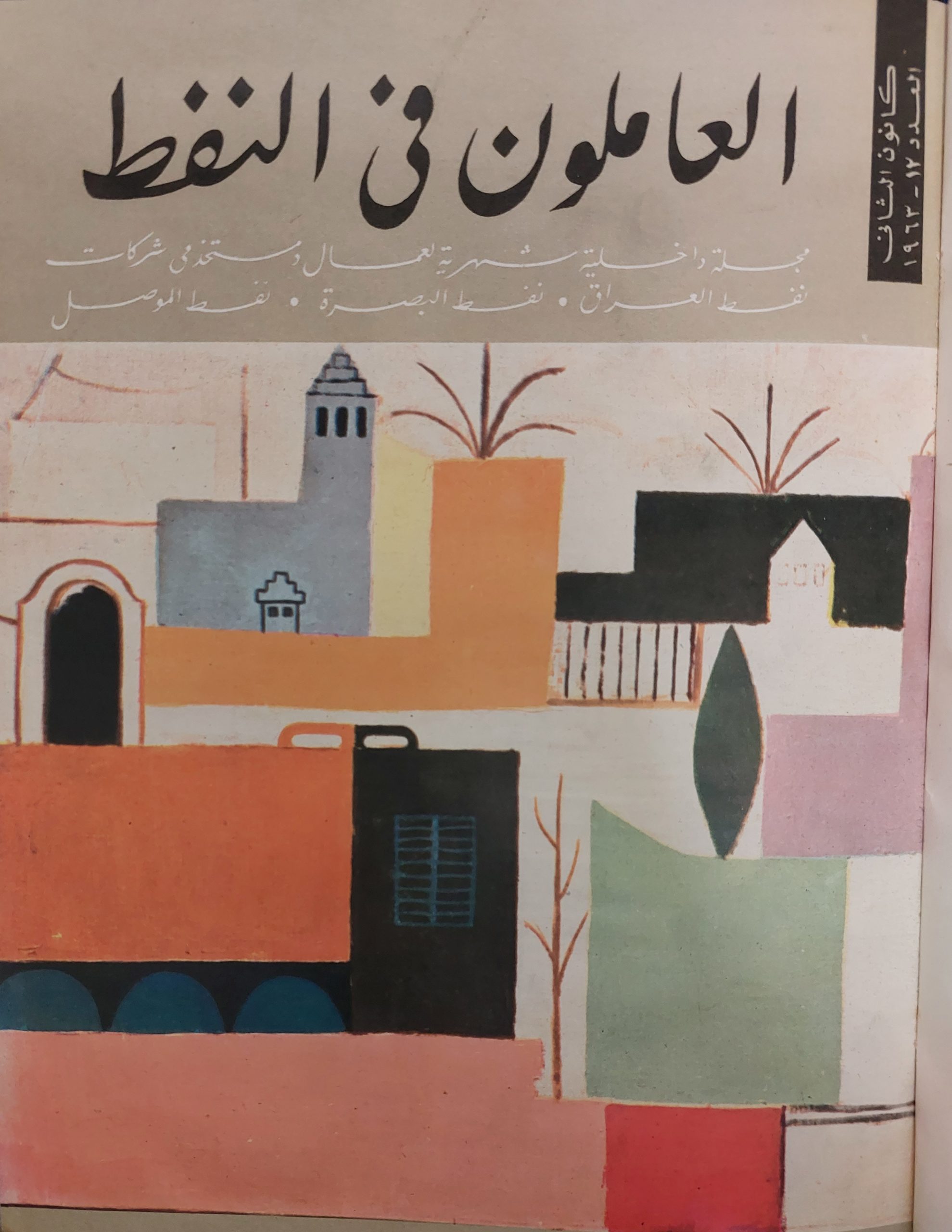Launched in October 2021, the Digital Archive of the Middle East (DAME) is a three-year research project undertaken as a collaboration between The Institute of Arab and Islamic Studies (IAIS) at the University of Exeter and the Institute for International and Area Studies (IIAS) at Tsinghua University, building upon the 2019 Memorandum of Understanding established between the two institutions. By using new technologies to digitise selected parts of the University’s collections of material from the Middle East and North Africa (MENA) region, the project aims to open up a series of research questions about the potential for digitisation in advancing research.

The project involves various strands, including three PhD studentships and academic research by staff at IAIS and IIAS, as well as the development of the Kurdish Digital Archive in partnership with a number of archival institutions and collections in Kurdistan. At the core of DAME, however, is the practical work of digitising a selection of items from two main collection areas at the University of Exeter.

There are some fifty distinct archives relating to the Middle East held in Exeter’s Special Collections department at Exeter, including the papers of Sir Charles Belgrave, Sir John Wilton and Sir William Luce (British colonial history in the Gulf), the research materials of Jonathan Crusoe (Iraq/Kuwait), the papers of John Shebbeare and John Craven Wilkinson (modern Omani history), the letters of Nabih and Adil al-Azmah (nineteenth- and twentieth-century Egypt, Palestine and Syria), the academic papers and correspondence of Nazih Ayubi (covering political Islam, public administration and economic theory in Egypt and the Middle East), the research materials of Abd al-Fattah M. El-Awaisi (especially valuable for early interviews with members of the Egyptian Muslim Brotherhood), the Omar Sheikhmous archive (twentieth-century Kurdish political history), and a considerable number of personal archives relating to the modern histories of Palestine and Israel, including some major photographic collections.

In addition to this, there is also the material held in the Arab World Documentation Unit (AWDU) – now part of a newly refurbished space downstairs in the Institute for Arab and Islamic Studies – a unique collection of some 100,000 individual items covering governmental, political, state and economic papers from and pertaining to the Arab world from the 1970s to the present.

The primary aim of the project is not that of creating digital content, but of exploring how digitisation can assist research into the history of the MENA region. It is however expected that the Digital Archive of the Middle East will become a vital digital resource for future scholarship, providing an online platform through which our collections will be made more accessible, as well as linking to other digitised archives and encouraging international partnerships and regional collaborations.